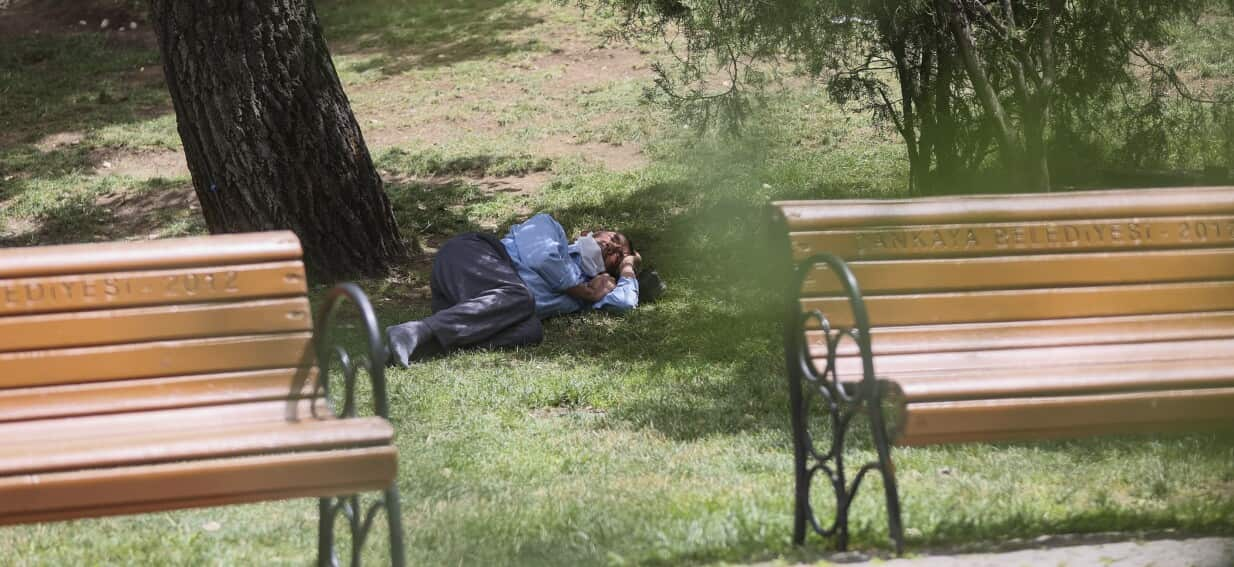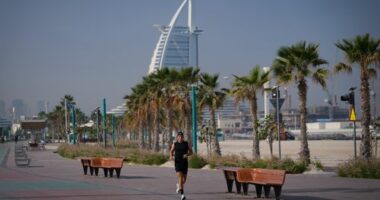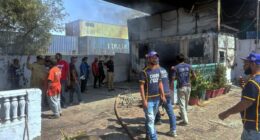Share this @internewscast.com

Researchers have uncovered a significant impact of warmer temperatures on sleep patterns, particularly highlighting a substantial rise in sleep deprivation on hotter nights. The chances of getting less than six hours of sleep spike by approximately 40 percent during these sweltering evenings.
This lack of restful sleep is not a trivial issue, as it has been associated with various health concerns. Sleep deprivation is linked to depression, mood swings, cardiovascular problems, and diminished cognitive abilities, making it a widespread concern that spans across age groups and demographics.
To combat the heat and its effects on sleep, there are several practical solutions. Air conditioning, fans, and breathable bedding can provide immediate relief. Simple adjustments like keeping windows open for a breeze or closing blinds during the day to reduce bedroom temperatures can also make a difference.
Moreover, broader strategies on urban planning and design could offer long-term solutions. Implementing heat-resilient housing designs and urban cooling strategies, such as green roofs, planting trees, and using reflective building materials, can significantly mitigate the impact of heat on sleep, according to experts.
The findings show heat-induced sleep loss is impacting people of all ages and backgrounds across various regions and demographics, she said.
How to safeguard sleep
The obvious methods include air conditioning, fans, breathable bedding and leaving windows open to allow in a breeze. It can also be helpful to close sun-facing windows and blinds during the day to prevent bedrooms from heating up.
“Urban design, housing, and public health strategies such as using heat-resilient housing designs and urban cooling strategies, such as green roofs, tree planting, and reflective building materials could help,” he said.
Disproportionate impact on less affluent populations
As a result, lower-income populations were likely underrepresented.
Last year, analysis by the Australia Institute found that extreme heat poses a greater threat to outer-urban and rural areas of the country, where vulnerable populations — including older people, those with chronic health conditions and people on lower incomes — are more concentrated.
Data from the Australian Institute of Health and Welfare shows that extreme heat remains the leading cause of weather-related hospitalisations in Australia.









